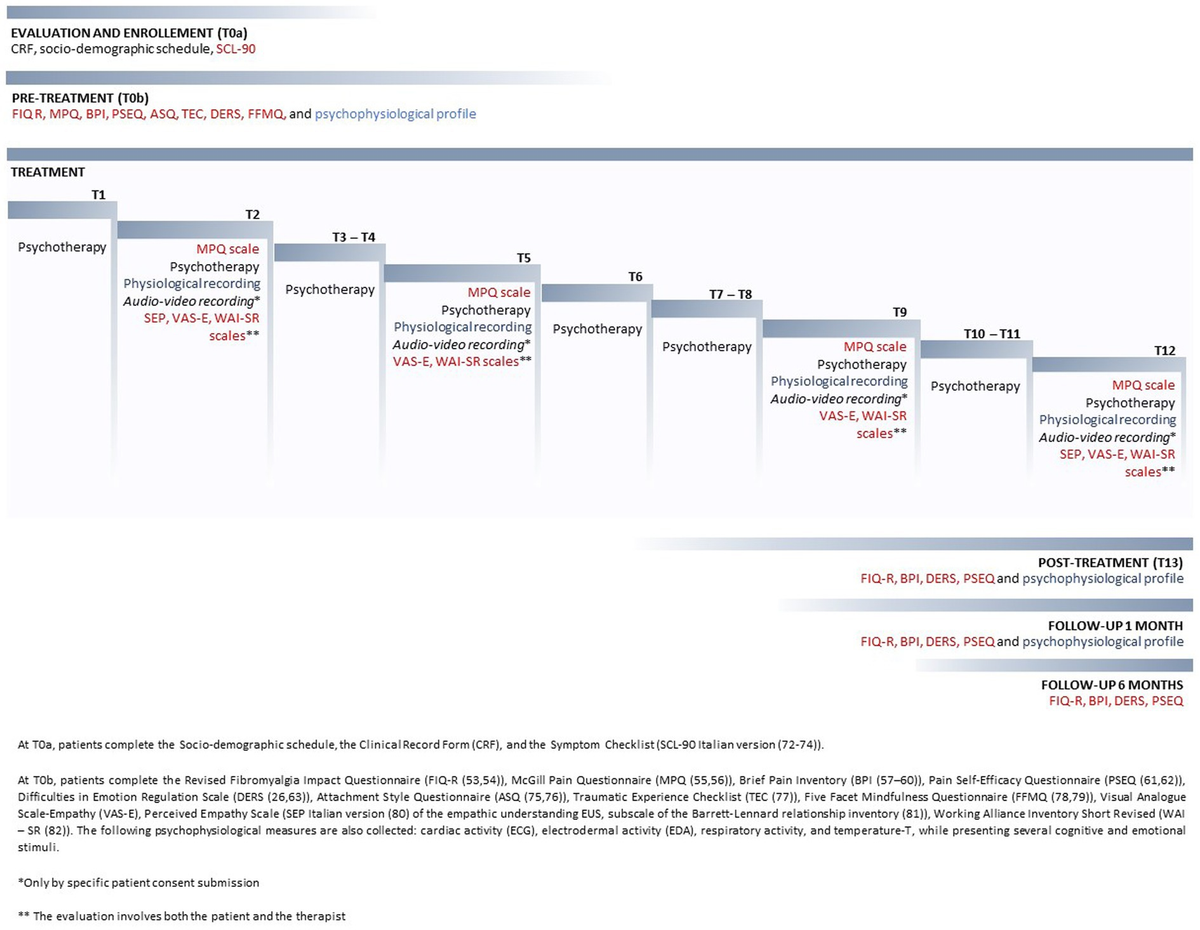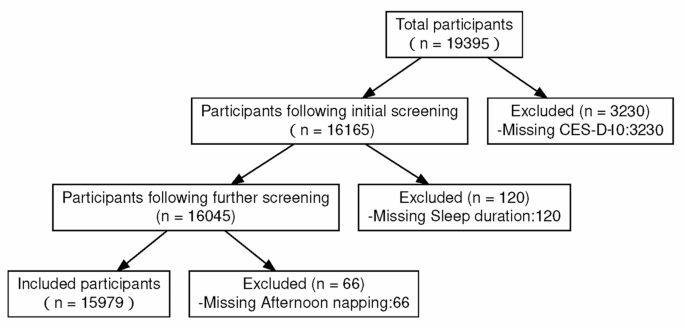During my three decades in the Indiana Senate, I gained in-depth knowledge of the complexities surrounding opioid use disorder and addiction policies. I learned about the devastating challenges posed by opioid addiction and was inspired by actions undertaken by colleagues, health officials and survivors that showed our community’s resilience in the face of this public health crisis.
The most recent public data available shows that nearly seven Hoosiers lose their lives to drug overdoses every day. We need to act now to prevent those who have yet to succumb to addiction. That’s why I am strongly in favor of Congress passing the Alternatives to Prevent Addiction in the Nation (PAIN) Act.
Seniors are at heightened risk of opioid addiction after surgeries and medical treatments and could benefit if there were alternatives to opioids. The Alternatives to PAIN Act would ensure that non-addictive, non-opioid pain treatment options are covered by Medicare Part D.
It also ensures that the alternatives are affordable and accessible for all enrolled seniors. Specifically, the Alternatives to PAIN Act includes several measures designed to enhance patient care and reduce opioid dependence.
First, it limits patient cost-sharing for individuals receiving non-opioid-based pain relief through Medicare Part D plans. This provision is intended to lessen the financial burden on patients seeking safer alternatives to opioids by promoting equitable access to other options.
Next, the legislation prohibits the use of step therapy and prior authorization requirements for non-opioid medications. By eliminating these bureaucratic hurdles, we can streamline access and ensure that patients receive timely care without unnecessary delays or first being prescribed opioids before alternative options are given.
Nationally, more than 9% of patients go on to long-term opioid use after even a low-risk surgery, such as an inguinal hernia repair or arthroscopic surgery on a knee. We can prevent that situation.
While the Alternatives to PAIN Act represents an important first step in securing access and affordability for non-addictive, non-opioid pain management options, broad support and use of alternatives won’t occur until insurers and pharmacy benefit managers also support these options. Their cooperation is crucial for all those in need to be offered safer pain management treatments.
The Alternatives to PAIN Act represents a pivotal opportunity to combat the opioid crisis and cultivate a healthier future for our nation. I commend Rep. Larry Bucshon for his co-sponsorship of this legislation and urge Sens. Mike Braun and Todd Young and our entire Indiana congressional delegation to support it as well.
Together, we can build a robust healthcare system that puts patients first and minimizes the risk of opioid addiction for seniors.
Jim Merritt is a Republican former state senator from Indianapolis.












